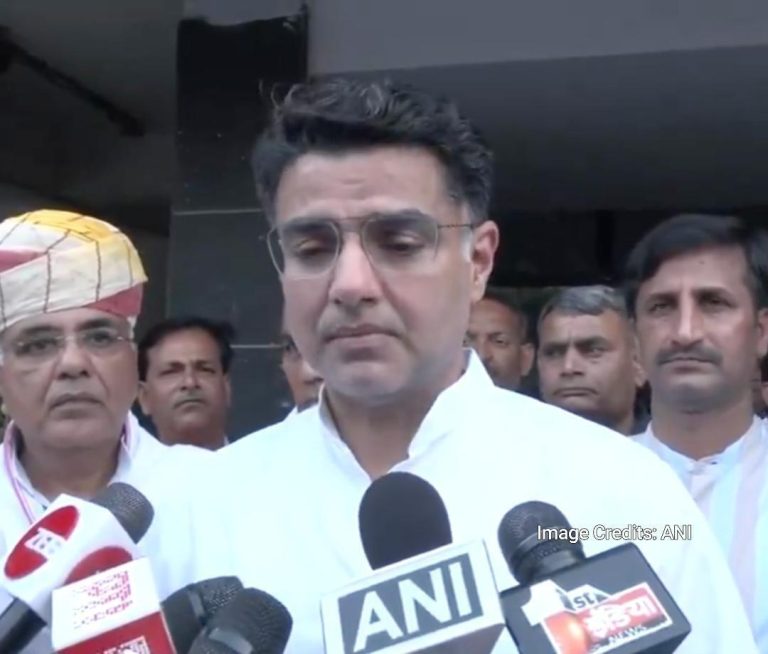
Just Inflammatory Rhetoric: Tharoor on Bilawal Bhutto’s Remark
The recent remarks made by Pakistani politician Bilawal Bhutto on India’s decision to suspend the Indus Waters Treaty over the Pahalgam attack have sparked a heated debate. Congress MP Shashi Tharoor, in response to Bhutto’s comment, has labeled it as “just inflammatory rhetoric.” In this blog post, we will delve into the context of the remark, Tharoor’s response, and the implications of the ongoing tensions between India and Pakistan.
Context of the Remark
The Indus Waters Treaty, signed in 1960, is a bilateral agreement between India and Pakistan that regulates the sharing of the waters of the Indus River and its tributaries. The treaty has been in place for over six decades, ensuring that the water needs of both countries are met while also providing a framework for cooperation.
However, in recent years, tensions have been rising between India and Pakistan, particularly over issues such as terrorism, border disputes, and water sharing. The suspension of the Indus Waters Treaty by India is seen as a response to Pakistan’s alleged failure to take action against terrorist groups operating from its soil.
Bilawal Bhutto, the chairman of the Pakistan Peoples Party, reacted to India’s decision by saying that the move was “an act of aggression” and that Pakistan would not be intimidated by India’s actions. His remarks were seen as a provocation by many, including Shashi Tharoor.
Tharoor’s Response
In response to Bhutto’s remark, Shashi Tharoor called it “just inflammatory rhetoric.” He emphasized that Pakistanis need to understand that they cannot kill Indians with impunity. Tharoor also warned that if blood is going to flow, it will flow possibly more on Pakistan’s side.
Tharoor’s comments were seen as a strong rebuke of Bhutto’s remarks, which were perceived as inflammatory and provocative. Tharoor’s response is significant because he is a prominent member of the Indian Parliament and has been involved in efforts to improve Indo-Pak relations in the past.
Implications of the Ongoing Tensions
The ongoing tensions between India and Pakistan are having far-reaching implications for the region. The suspension of the Indus Waters Treaty is seen as a major escalation in the tensions, as it has the potential to disrupt the flow of water to Pakistan.
The Indian government has maintained that its decision to suspend the treaty is a response to Pakistan’s failure to take action against terrorist groups operating from its soil. Pakistan, on the other hand, has accused India of using the treaty as a pretext to justify its actions.
The implications of the ongoing tensions are not limited to the water sharing agreement. The tensions are also affecting trade and commerce between the two countries, with many Indian businesses halting operations in Pakistan due to concerns over security.
Conclusion
The recent remarks made by Bilawal Bhutto and the response of Shashi Tharoor highlight the ongoing tensions between India and Pakistan. While Bhutto’s remarks were seen as provocative, Tharoor’s response was a strong rebuke of the inflammatory rhetoric.
The implications of the ongoing tensions are far-reaching, affecting not only the water sharing agreement but also trade and commerce between the two countries. It is essential for both countries to engage in dialogue and work towards finding a solution to the issues at hand.
As the situation continues to unfold, it is crucial for both countries to maintain a sense of calm and refrain from inflammatory rhetoric. The people of both countries deserve better, and it is imperative that their leaders work towards finding a peaceful resolution to the ongoing tensions.



